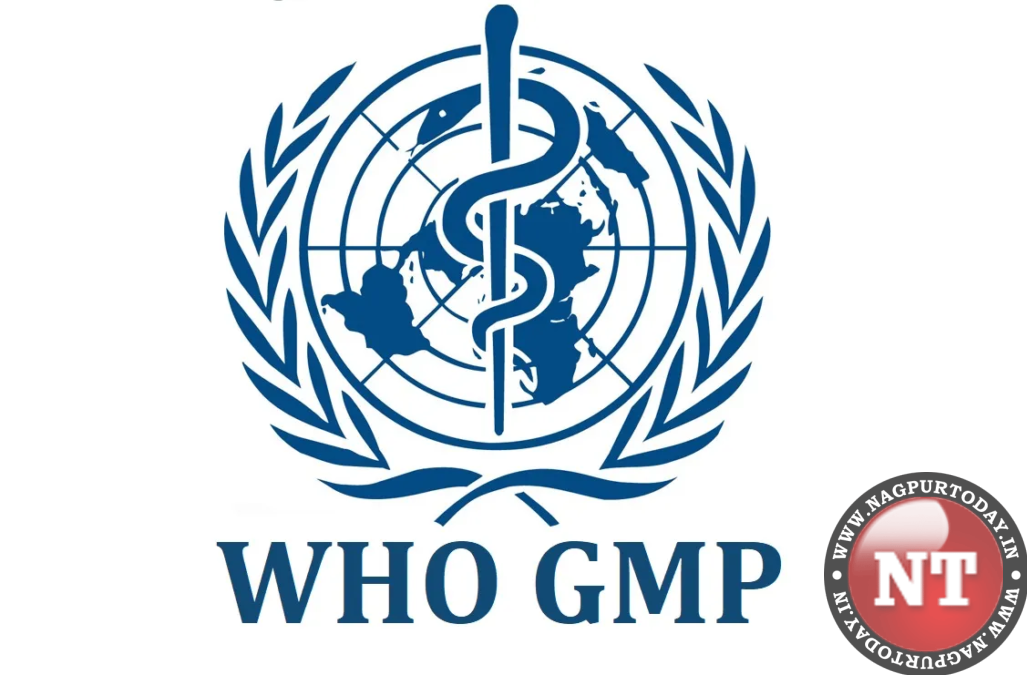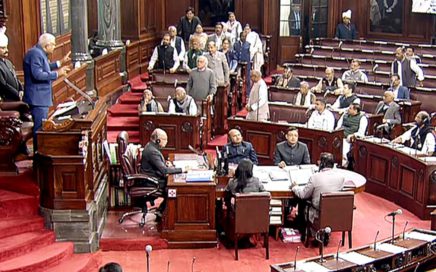
Nagpur: In light of recent incidents involving alleged deaths linked to drugs manufactured in India and reported in various countries, the Indian Government has established a deadline for the mandatory adoption of the World Health Organization (WHO) – Good Manufacturing Practices (GMP) guidelines.
It is pertinent to mention that in a shocking revelation, Union Health Minister Mansukh Mandaviya recently informed that out of the total 10,500 pharmaceutical manufacturing units across the country, only a mere 2,000 have been found to be in compliance with the global WHO-GMP standards. Notably, only three of these compliant units are based in Nagpur. The implementation of the revised GMP is now imperative to ensure the production of high-quality medicines for both domestic and international markets.
Recently, Union Health Minister Mansukh Mandaviya announced that companies with a turnover exceeding Rs 250 Crore must implement the revised GMP within six months. Meanwhile, medium and small-scale enterprises with turnovers below Rs 250 Crore have a one-year timeframe for implementation.
Viraj Paunikar, Assistant Commissioner of Food and Drug, provided insights into the local pharmaceutical landscape. Nagpur is home to approximately 40 to 45 pharmaceutical firms, including about 18 oxygen plants. Among them, only three firms —ZIM, LUPIN, and Sneha—have achieved compliance with WHO norms in the Nagpur division.
“Other firms are operating under varying safety standards,” Paunikar explained. He emphasized that the process of implementing WHO-GMP standards involves a joint inspection by state and central authorities, leading to the issuance of certification.
With the government’s efforts to align Indian pharmaceutical practices with international standards, there is hope that more manufacturing units, including those in Nagpur, will prioritize the implementation of WHO-GMP guidelines to ensure the safety and quality of pharmaceutical products.
The Samruddhi Highway has paved the way for easy and fast accessibility to Nagpur. Additionally, considering the district’s abundance of manpower and land, this implementation is likely to prove beneficial for the region.
– Shubham Nagdeve














